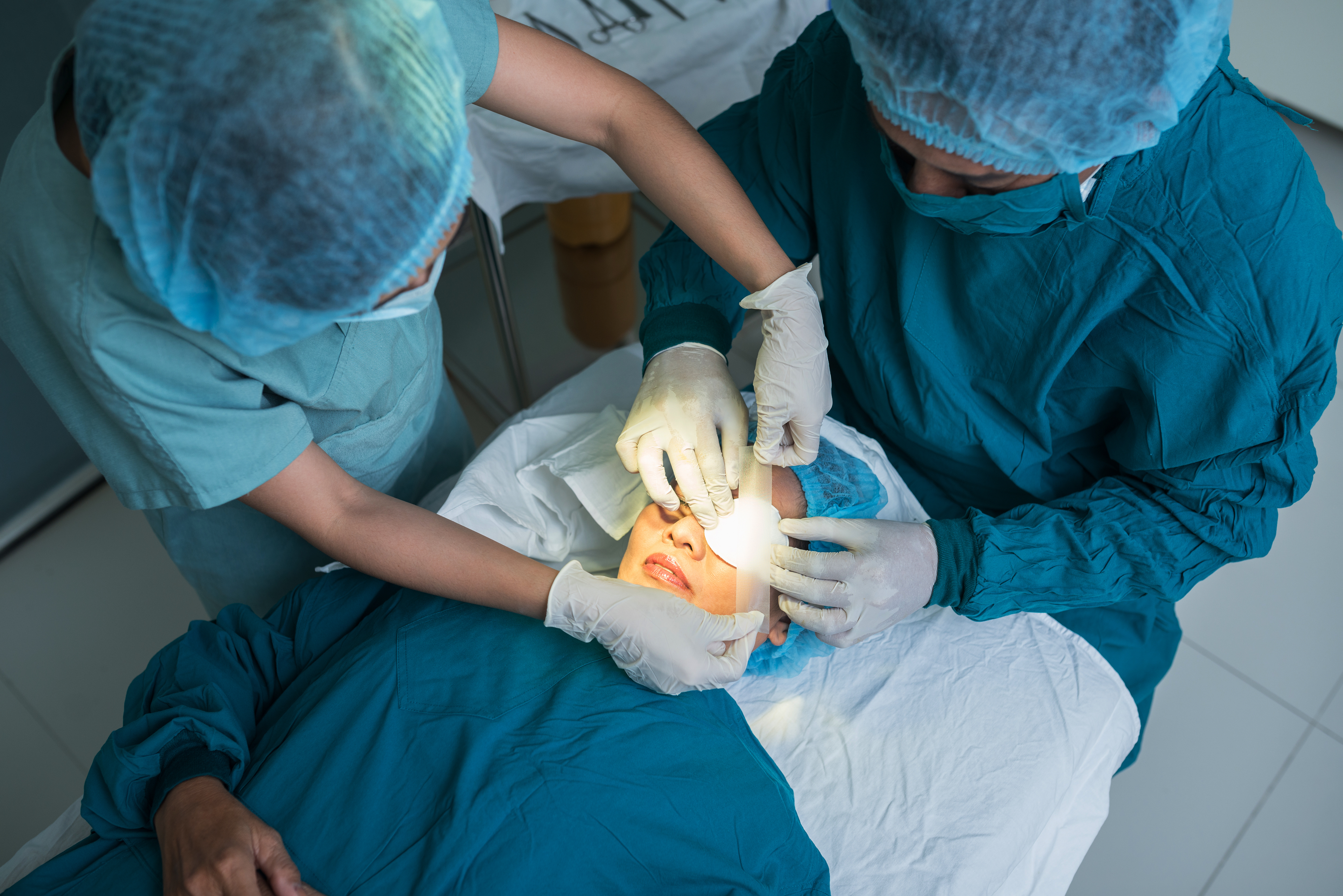How Long Do You Have to Wait to Get Cataract Surgery After Diagnosis?
June 14, 2024
If you or a loved one have recently been diagnosed with cataracts, you may be wondering about the next steps in your treatment journey. One of the most common questions that people have is, "How long do I have to wait to get cataract surgery after my diagnosis?"
The answer to this question can vary depending on several factors, such as the severity of your cataracts, your overall health, and the availability of surgical services in your area. Keep reading to learn how long you have to wait to get cataract surgery after diagnosis!
What Are Cataracts?
Cataracts occur when protein deposits break down and clump together in the natural crystalline lens of the eye, which then causes clouding. The lens is a small structure that focuses light on the retina, which transmits images to the brain.
T he protein deposits that cause cataracts usually develop with age, though they can happen due to injury, or they can be congenital. Cataracts prevent light from reaching the retina, so everything may seem darker, and your vision may seem worse in low-light situations.
he protein deposits that cause cataracts usually develop with age, though they can happen due to injury, or they can be congenital. Cataracts prevent light from reaching the retina, so everything may seem darker, and your vision may seem worse in low-light situations.
They can also lead to cloudy spots or blank spots in your vision. Additionally, they can cause discoloration of the lens, leading to a brownish or yellowish tint across your entire field of vision.
Everyone will eventually develop cataracts if they live long enough. By age eighty, half of adults will have cataracts or have previously had cataract surgery.
How Do Cataracts Affect Vision?
It's possible to have cataracts and not know it. Most cataracts start small and don't cause any vision changes at first.
Many people only find out they have cataracts when their eye doctor notices them during a routine eye exam. There is no predictable timeline for how quickly cataracts will lead to noticeable vision changes.
Some people have cataracts for years before they cause any problems. Other people might have symptoms within a matter of months.
- Early symptoms of cataracts include:
- Cloudy, blurry, or dim vision
 Trouble seeing at night or in low light
Trouble seeing at night or in low light- New or worsening sensitivity to light and glare
- Needing more light to read or do other indoor tasks
- Noticing halos around lights
- Experiencing frequent need to change eyeglasses or contact lens prescription
- Colors look faded or yellowish of colors
- Double vision in only one eye
Double vision can be a symptom of cataracts, but it can also indicate other serious health conditions such as a brain tumor or MS. If you experience double vision, contact your eye doctor right away.
Do you think you may be experiencing symptoms of cataracts?
Managing Cataracts
There are no treatments that can reverse, slow, or stop cataracts. When symptoms are mild, you can manage them by making a few changes, such as:
- Increase the lighting in your home or office
- Turn up the brightness on your phone or computer screen
- See your eye doctor to get your prescription updated as needed
- Use a magnifying lens or increase font size to help with reading
- Arrange for rides or use rideshare apps instead of driving at night
When Is It Time for Cataract Surgery?
There isn't a precise measure that indicates you need cataract surgery. Most cataract surgeons recommend having cataract surgery when vision changes from cataracts interfere with simple, basic tasks or keep you from doing things you love.
You should consider how cataracts are affecting your activities and choices, for example:
- Do you have trouble seeing well enough to cook dinner?
- Is it challenging to go for hikes with your friends? Do you have trouble navigating outdoors or in unfamiliar places?
- Is it too difficult to do things like baking, crafting, or playing games with your children or grandchildren?
- Do you avoid leaving the house because you can't see well? Does that make you feel isolated or depressed?
- Are you worried about falls or other injuries because of your vision?
If cataracts are limiting your activities, affecting your safety, or impacting your mental health, it's probably time to ask your eye doctor about cataract surgery.
Schedule a Cataract Evaluation
What is Cataract Surgery?
 Cataract surgery is a safe, effective procedure that replaces the clouded natural lens with a crystal-clear artificial lens. Cataract surgery is the only way to reverse vision changes from cataracts.
Cataract surgery is a safe, effective procedure that replaces the clouded natural lens with a crystal-clear artificial lens. Cataract surgery is the only way to reverse vision changes from cataracts.
In addition, the new lens can correct other vision issues, such as nearsightedness, farsightedness, and astigmatism. Many people say that cataract surgery leaves them with better vision than they've had in decades!
Cataract surgery takes under an hour, and you can go home the same day. You'll need to use special eye drops and follow recovery instructions from your eye doctor for a week or so.
You'll likely notice vision improvements immediately since the clouding from cataracts will be gone. The final results from the procedure will be noticeable after a few months.
Are cataracts preventing you from living your best life? Schedule a cataract evaluation at the Center For Total Eye Care in Westminster or Eldersburg, MD, today!



